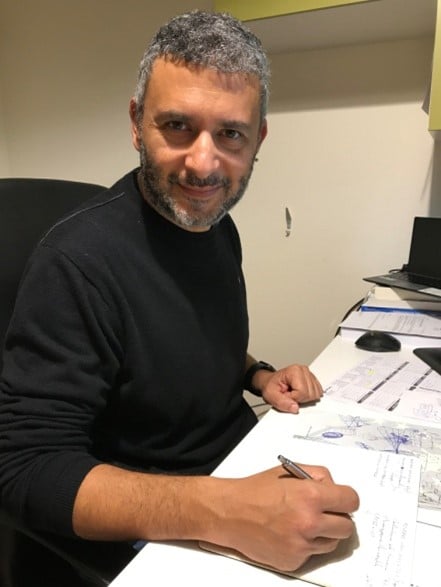Winemaking Process Engineering
A special issue of AgriEngineering (ISSN 2624-7402).
Deadline for manuscript submissions: closed (30 June 2022) | Viewed by 637
Special Issue Editor
Interests: food process engineering; wine and olive oil; lawn and turf machinery; biomass and bioenergy production; recovery and management; life cycle assessment; coffee extraction; breadmaking process; animal traction
Special Issues, Collections and Topics in MDPI journals
Special Issue Information
Dear Colleagues,
The most traditional approach to the study of the science of the winemaking process is based on chemistry. This mainly depends on the biological nature of the raw materials and on the crucial role played by microbiology. At the same time, agronomical and biological sciences also underlie vineyard cultivation, its interaction with the environment, and its physiological or genetic traits to the same extent.
Engineering has the potential to condensate for all these aspects of the sciences of the winemaking process, reaching the goal of an alternative and most comprehensive approach that acts as a bridge between the different disciplines. This relies on the broad definition of engineering as the set of studies and techniques that use knowledge from various branches of science and technology to solve application problems and to design and create things of different nature.
The applications of engineering concepts and principles to food processing should be based on the two main engineering pillars of mathematics and physics. Similarly, the foundation of the winemaking process is vineyard cultivation, wine production, wine aging, and sensory analysis. These fundamental aspects can be suitably approached with the use of mathematics and physics to reach advances in understanding the winemaking process from an engineering perspective.
This Special Issue aims to achieve this goal by examining the process from start to finish—from grape harvesting all the way to wine bottling. Special emphasis will be given to new modeling approaches to conventional as well as innovative winemaking subprocesses and machinery, development and in-depth studies of storage/aging materials, wine transferring/handling and stabilization techniques, and innovative treatments such as non-thermal ones. Finally, the theme of sustainability analyses and environmental impact models should be considered.
Dr. Piernicola Masella
Guest Editor
Manuscript Submission Information
Manuscripts should be submitted online at www.mdpi.com by registering and logging in to this website. Once you are registered, click here to go to the submission form. Manuscripts can be submitted until the deadline. All submissions that pass pre-check are peer-reviewed. Accepted papers will be published continuously in the journal (as soon as accepted) and will be listed together on the special issue website. Research articles, review articles as well as short communications are invited. For planned papers, a title and short abstract (about 100 words) can be sent to the Editorial Office for announcement on this website.
Submitted manuscripts should not have been published previously, nor be under consideration for publication elsewhere (except conference proceedings papers). All manuscripts are thoroughly refereed through a single-blind peer-review process. A guide for authors and other relevant information for submission of manuscripts is available on the Instructions for Authors page. AgriEngineering is an international peer-reviewed open access quarterly journal published by MDPI.
Please visit the Instructions for Authors page before submitting a manuscript. The Article Processing Charge (APC) for publication in this open access journal is 1600 CHF (Swiss Francs). Submitted papers should be well formatted and use good English. Authors may use MDPI's English editing service prior to publication or during author revisions.
Keywords
- process modeling
- physical models
- cellar machinery
- grape harvesting
- fermentation and storing materials
- processes management
- non-thermal treatments
- bottling materials and closures
- life cycle assessment
- wine sustainability





